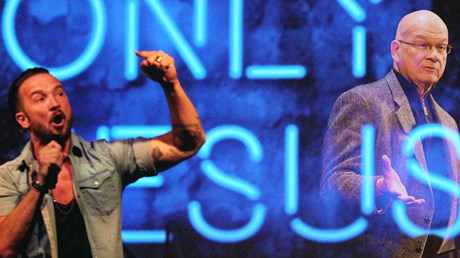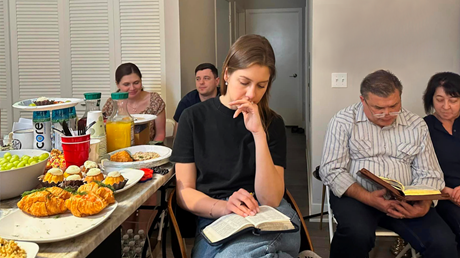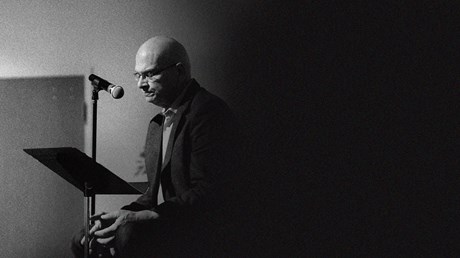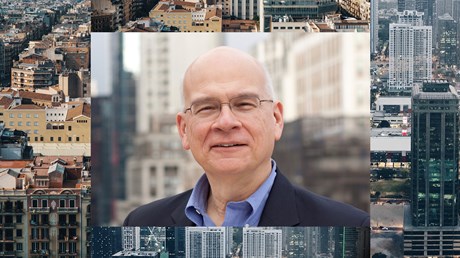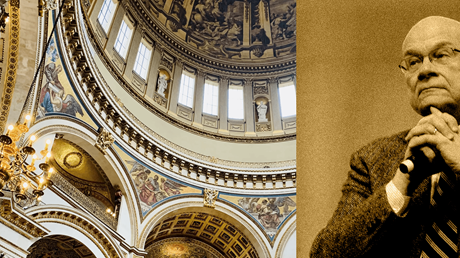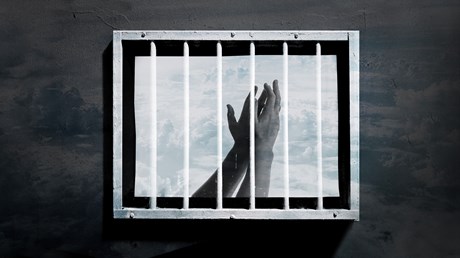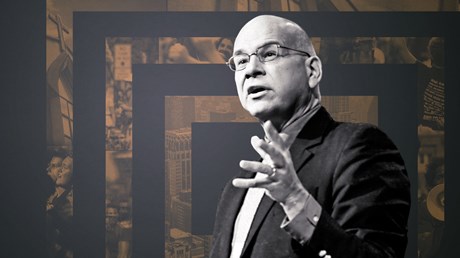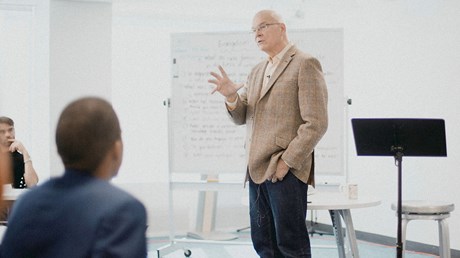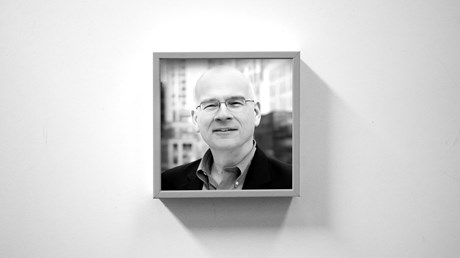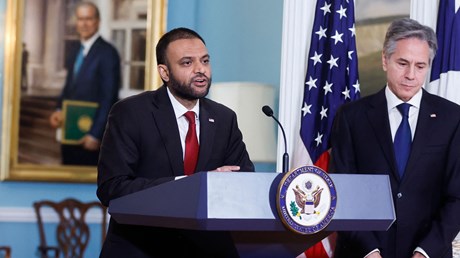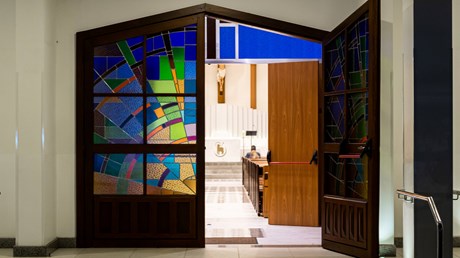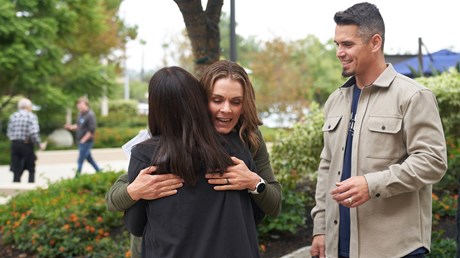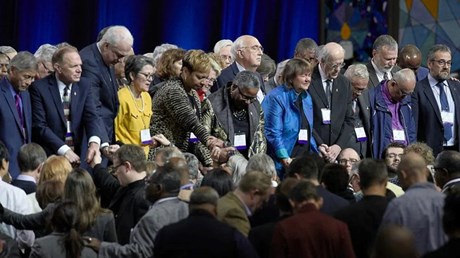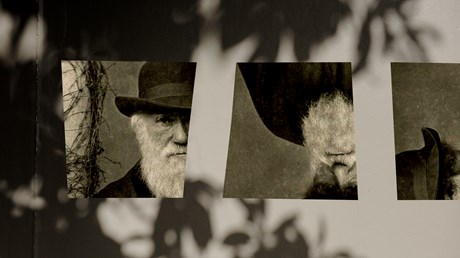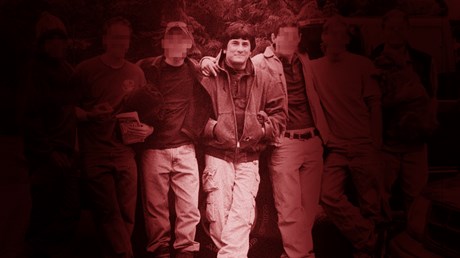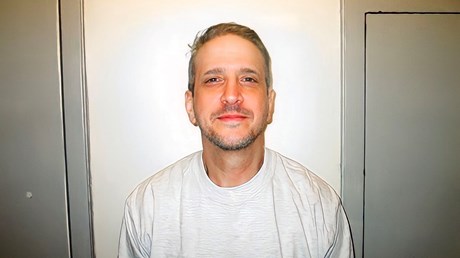How did a name the Puritans made popular take off in Japanese, Korean, and Chinese immigrant circles?
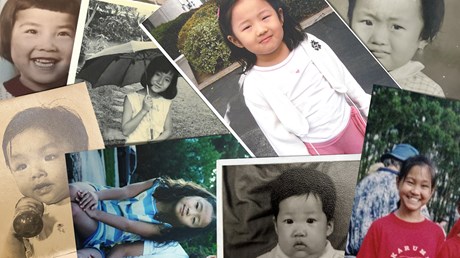
As a freshman at Biola University, Grace Brannon (née Kim), 28, encountered many Korean and Korean American women with the same first name. When several of them became part of the same friend group, they started to call themselves Grace 1, Grace 2, and Grace 3.
“This was like an inside joke among our friend group. It was funny,” Brannon said. “They knew a lot of other Graces too.”
The ubiquity of the name Grace among predominantly East Asian and East Asian American women has been both anecdotally remarked upon and at times given larger cultural attention. When I shared social media posts asking to connect with Asian women named Grace for this story, one person tweeted, “I know fifty.” Another said that CT would need “3 issues and a podcast” to adequately represent the plethora of Graces in Asian American communities.
In 2005, filmmaker Grace Lee even made a documentary as a way to uncover the stereotypes and social expectations people had for women bearing, in this case, both her first and last name.
“In the US, most of the Graces I know are Chinese or Korean,” said Grace Chan McKibben, 50, the executive director of Coalition for a Better Chinese American Community in Chicago. She moved to America from Hong Kong in high school.
“My grandma, aunt, and sister-in-law are all named Grace,” she added.
What’s so amazing about the name Grace? Why do so many Asian Christian women in North America have this name? Perhaps the name represents a believer’s cry while living in a foreign land, and a proclamation of thanksgiving for receiving undeserved kindness from God.
Divine intervention
Grace comes from the Latin word gratia and was not particularly ...
from Christianity Today Magazine https://ift.tt/pTsqVwK


